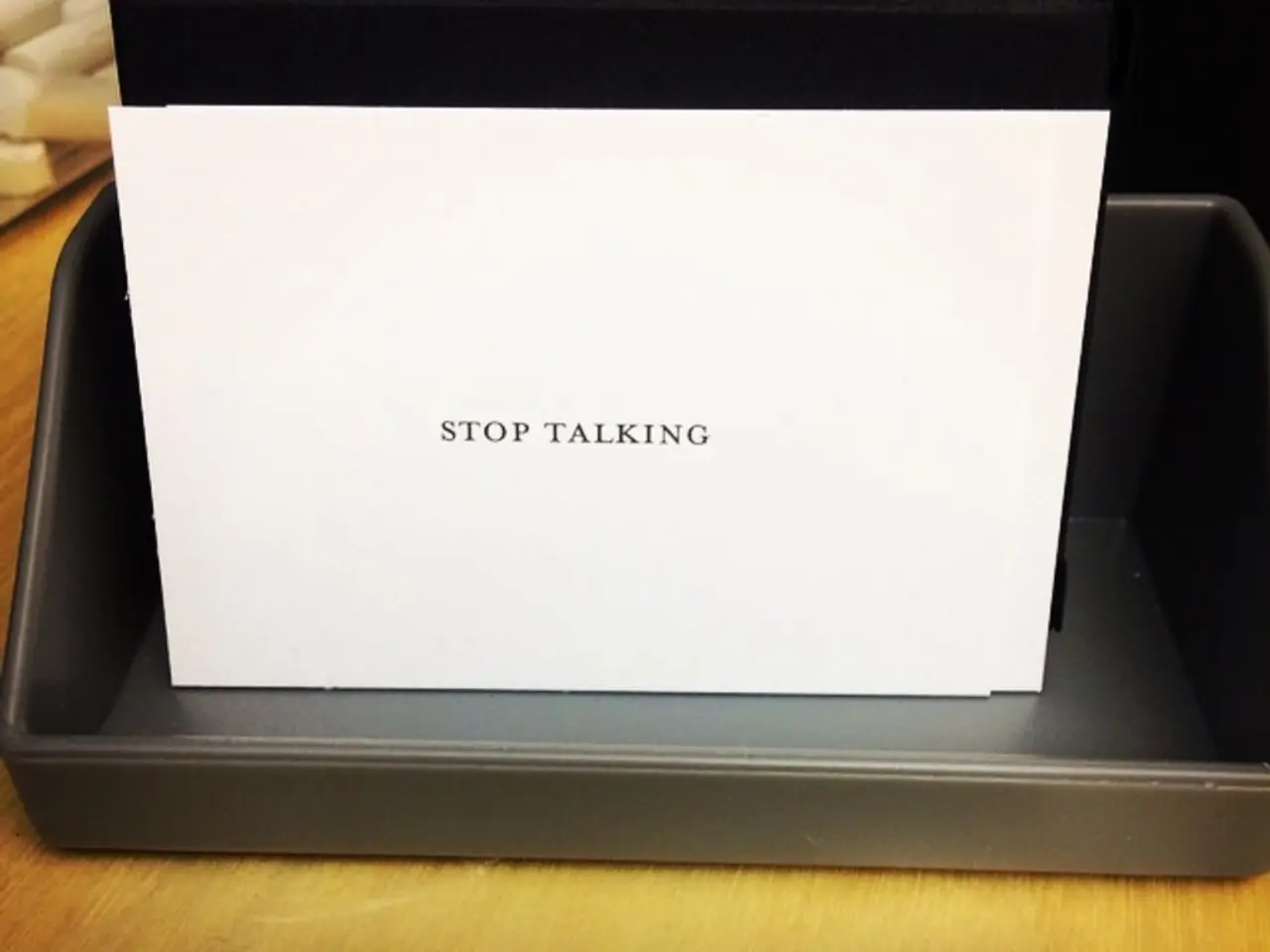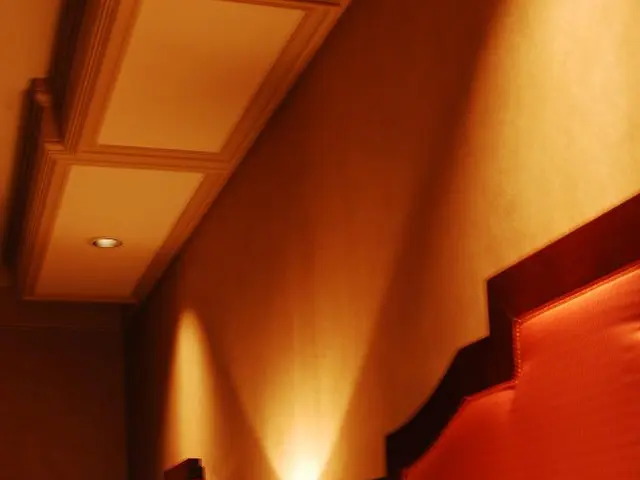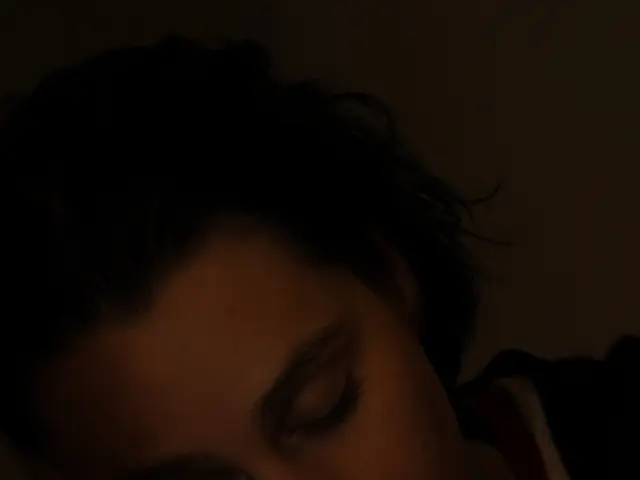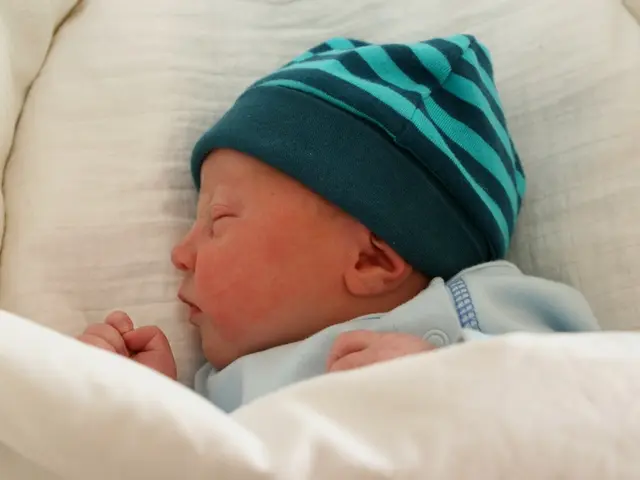Engage in a creative endeavor? A fatigued mind could lead to enhanced performance, as suggested by recent research.
Going Gaga Over Creativity in the Land of Dreams
Let's tackle a peculiar paradox: your brain thrives in solving creative problems when it's knackered, yeah, that's right, tuckered out! It might not jibe with your blurry-eyed mornings or late-night thinking sessions, but science backs it up.
Imagine this: you're stumbling through a sluggish day, but then, boom, a mind-blowing idea pops into your head. Sounds familiar? Scientists say it's all because your weary, disorganized brain just might be the ticket to a burst of brilliance.
In a 2011 study with over 400 students, researchers observed that participants actually performed better on creative tasks when they were tested at their dullest, most disengaged times of the day. Evening larks did better in the morning, and early birds started thinking creatively late in the day.
That's right, greet the dark of night with your wildest ideas, because it just might be your secret weapon! So next time you wake up in the dead of night only to pen down a nutty, seemingly ridiculous idea, don't disregard it, give it another look in the morning.
It might just turn out to be your next groundbreaking idea.
Peeking Behind the Scenes: The Genius of a Doppler Brain
We've all been there: dragged through a foggy day, barely conscious, and then, somehow, bam, a genius idea hits you.
Why, you ask? American author and screenwriter Ron Friedman explains that it all comes down to a reduced inhibition.
As your mental gatekeeper takes a much-needed break, unexpected, unconventional ideas can seep into your thought process.
So coach yourself to sleep now and then. Allow your gatekeeper to take a leave. You might just find that magic happens.
Cracking the Code: The Science Behind the Madness
Marieke Wieth, a psychologist at Albion College in Michigan, is responsible for a study that resounds with fascinating findings.
428 students were divided into three groups - early birds, owls, and those who preferred a middle ground. Each participant was tasked with completing a mix of analytical and creative problems during two key time blocks: morning and late afternoon.
You guessed it, night owls performed better on creative tasks in the morning, while early birds scored more creatively late in the day.
A general cognitive slowdown led to a creative spark at off-peak hours, not in spite of the fatigue, but because of it.
Rethinking the Advice Machine: Shaking Off the Productivity Dogma
Alright, folks, it's time for a reality check. Most of us are programmed to buy into the notion that productivity, success, and even creativity are results of getting up early, chugging a cuppa joe, and powering through our most significant tasks while "fresh."
Well, that assumption just might be flat-out wrong.
When tackling a creative conundrum, aiming for high alertness might actually hinder your chances of success. Why? Because when you're sharp and focused, your brain filters out the 'irrelevant' - and creativity often lives in the irrelevant.
Let's replace that stiff productivity advice with something more flexible. Skipping the espresso, embracing mental clutter, and scheduling creative work for your non-optimal hours will lead you to the gold, my friends.
The Test of Time: Your 3 A.M. Insights Demand a Repeat Performance
So what about those late-night scribbles that you hesitate to embrace? The unpolished thoughts you penned after a half-dream, the marginalia doodles from a boring meeting, those quirky, seemingly nonsensical ideas - you should give them another chance. Those moments are when your brain wanders more freely, allowing you to connect distant ideas, reach for metaphors, and play with associations that would never occur to you when you're laser-focused.
It's not about working harder, folks. Sometimes, it's about thinking weirder.
- It seems that even mental health and wellness could benefit from a deep sleep, as science indicates that a weary brain, allowed to wander during sleep, can lead to unexpected, creative ideas upon waking.
- In the realm of health-and-wellness, it's not always the sharp, focused mind that drives creativity; rather, it's the dreamiest, most disorganized states that might be the breeding ground for new ideas and innovative thoughts.








